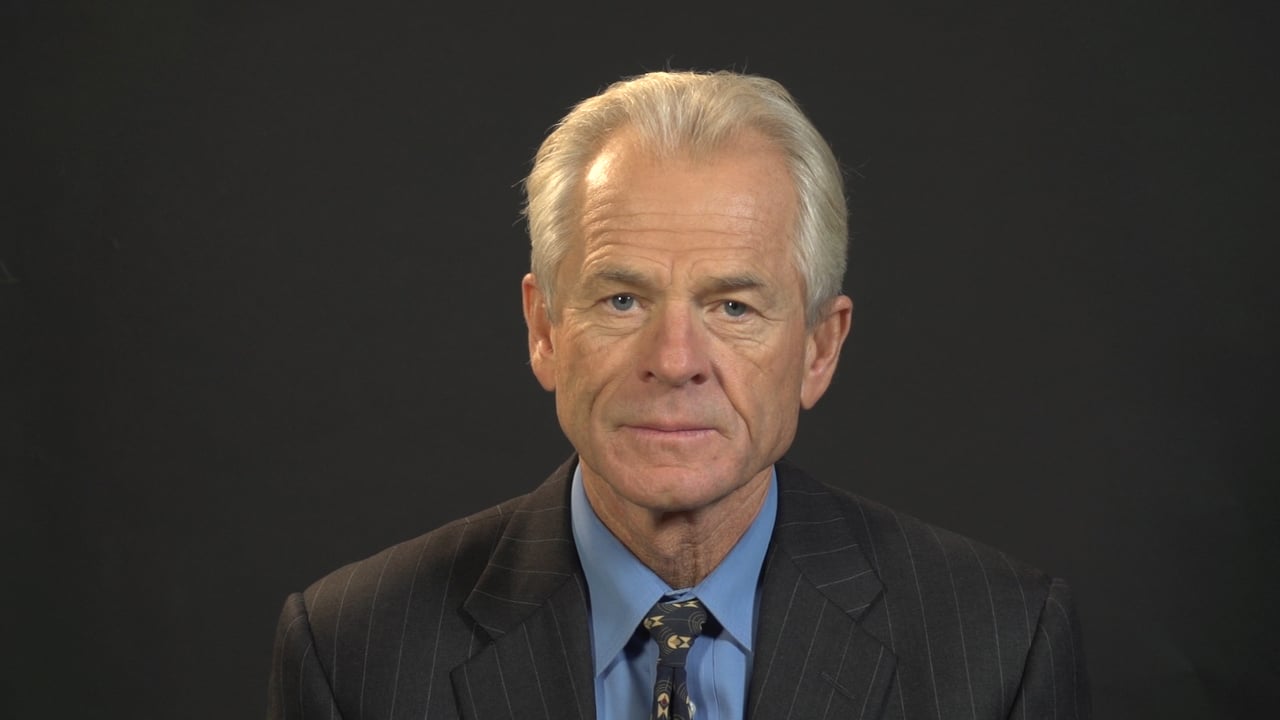
Unstable Korean Diplomacy Due to US-China Conflict
The conflict between China and the U.S. following President-elect Donald Trump’s provocation of China is another problem that Korean diplomacy will soon face. Trump’s phone call on Dec. 2 with Tsai Ing-wen, the president of Taiwan, and Trump’s criticism of the “One-China” policy on Dec. 12 have focused our attention on how much the U.S. will deviate from traditional diplomacy, and how that deviation will affect the Korean Peninsula. The fact that Korea will not be able to meet with Trump during next month’s summit is also worrisome. The new Korean administration will not be able to fully incorporate Korea’s position into the policy regarding the Korean Peninsula that the U.S. administration will establish.
However, considering the total diplomatic failure of our government in the past, the instability due to the absence of government won’t cause too much of a problem. Currently, diplomacy and security in Northeast Asia is the worst it could be due to the North Korean nuclear issue, enmity between North and South Korea and the new Cold War era. With this in mind, we instead see the current situation as an opportunity for Korea to restore peace within the Korean peninsula by finding consensus on the issues involving the Terminal High Altitude Defense system and Korean-Japanese comfort women, and by correcting previous policies such as the General Security of Military Information Agreement, diplomatic bias and mercurial diplomatic relations between Korea and Japan.

